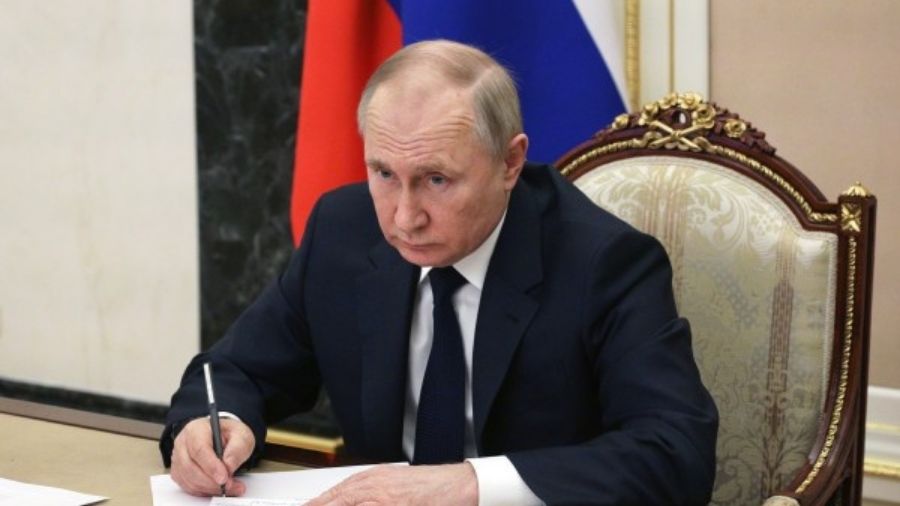There are fields instead of city streets, farmsteads instead of apartment buildings. Open highways stretch to the horizon.
The battles in the north that Ukraine won over the past seven weeks raged in towns and densely populated suburbs around the capital, Kyiv, but the war is about to take a hard turn to the southeast and into a vast expanse of wide-open flatland, fundamentally changing the nature of the combat, the weapons at play and the strategies that might bring victory.
Military analysts, Ukrainian commanders, soldiers and even Russia’s President, Vladimir V. Putin acknowledge that a wider war that began with a failed attempt to capture the capital will now be waged in the eastern Donbas region.
With few natural barriers, the armies can try to flank and surround each other, firing fierce barrages of artillery from a distance to soften enemy positions.
“What we’re talking about is, no kidding, a conventional, very lethal battle of maneuvers where Russian forces are going to attack Ukraine’s fixed positions on ground that is more open,” said Lieutenant General Ben Hodges, the former commander of the US army in Europe.
Donbas is an area the size of New Hampshire, with a front line stretching hundreds of miles; Russia borders it in an arc to the north and east, and most residents speak Russian. Named for the rich Donets Basin of coal seams just below the surface, the region is dotted with Soviet-era mining and factory towns across the sprawl of sunflower fields and grassy plains.
Before Russia invaded in February, Ukraine had been fighting Russia-backed separatists there since 2014, when Moscow fomented an uprising and sent in forces to support it. That war had settled into a stalemate, with each side controlling territory and neither gaining much ground.
Now, what may be the decisive phase of Putin’s latest war is returning to that same region, blighted by eight years of conflict and littered with land mines and trenches, as he tries to conquer the portion of Donbas still held by Ukraine. Neither side has made a major move in recent days, and analysts say it will most likely require a long and bloody conflict for either one to prevail.
The plains would seem to favor Russia’s raw advantage in weaponry. But as a defending force, Ukraine has an advantage in striking from entrenched positions at Russian troops as they advance over open ground and into artillery range. Both sides are mustering troops for a major battle, with the Russian forces regrouping after being battered and driven from Kyiv.
New York Times News Service











